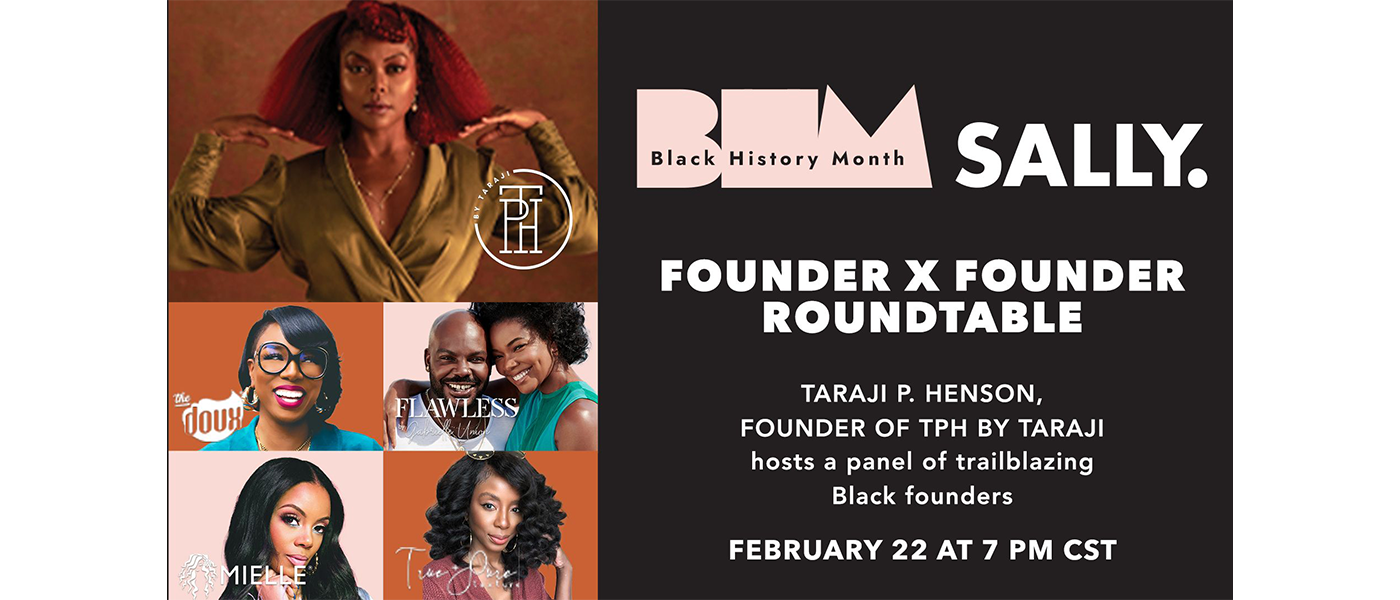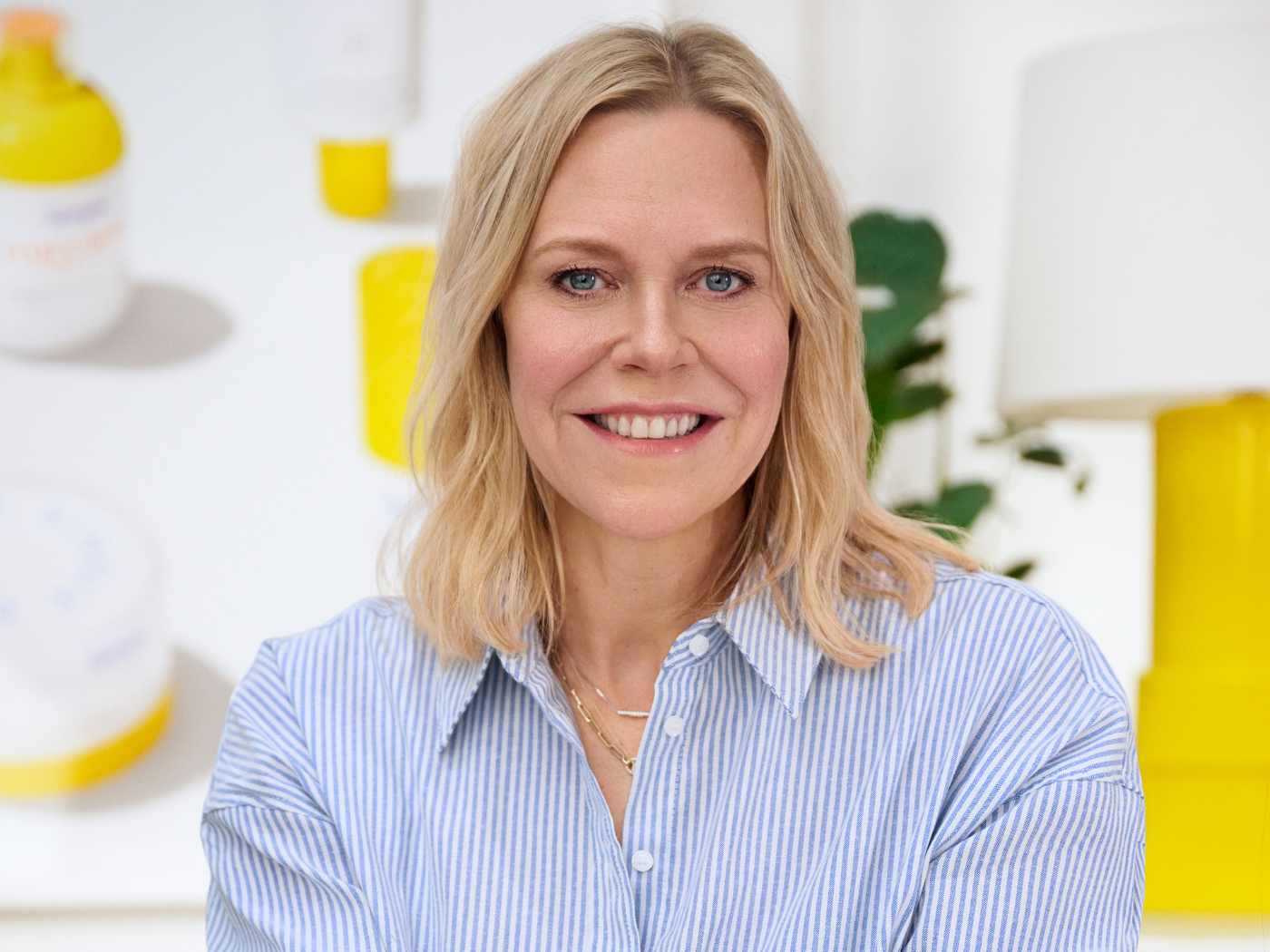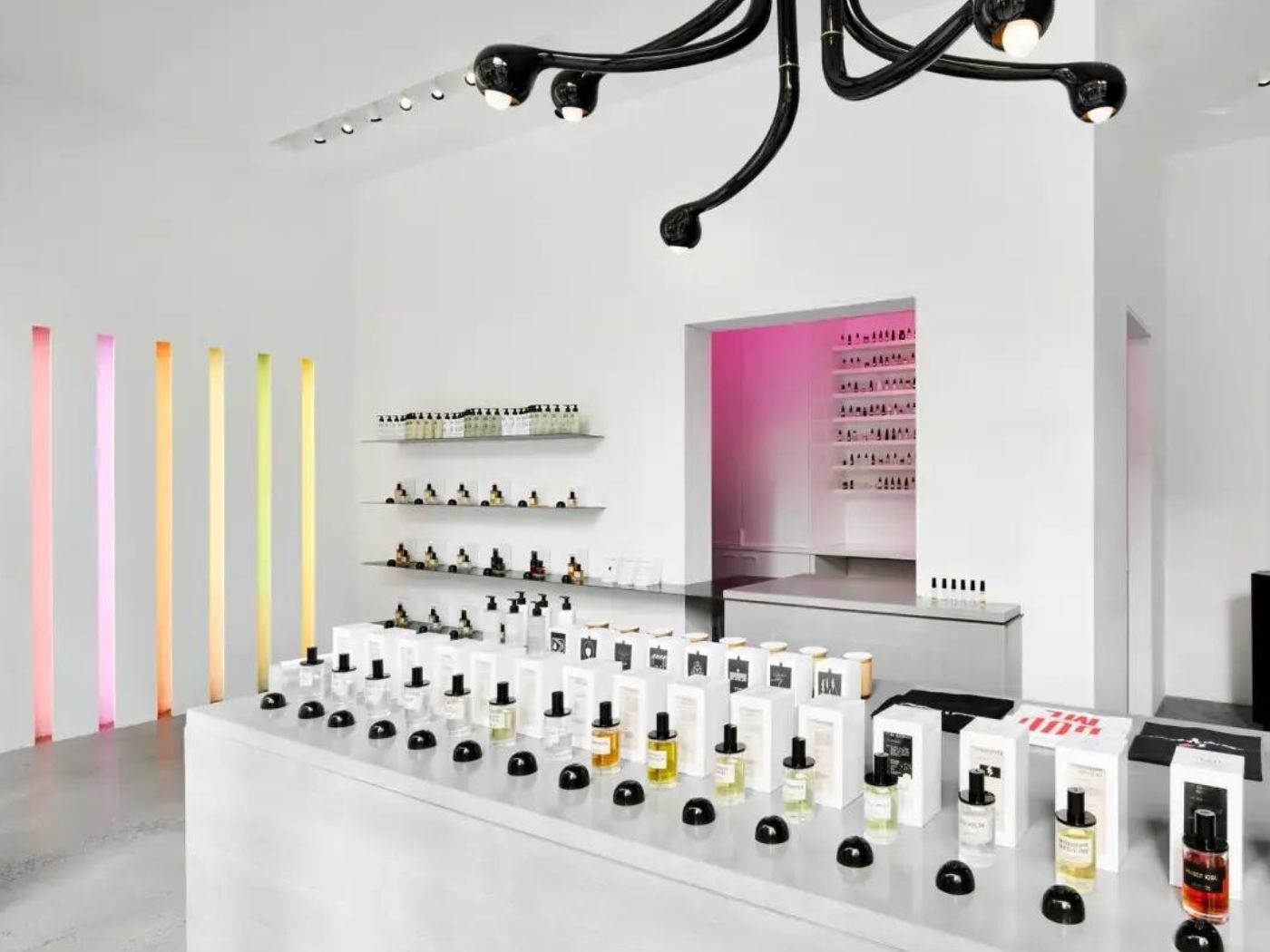Actress Taraji P. Henson’s TPH by Taraji is the latest brand to join the wide array of products for textured hair at Sally Beauty. The retailerstocks more than 50 Black-founded brands and more than 100 brands for textured hair.
To celebrate the launch, and honor Black History Month, Taraji hosted a roundtable discussion presented by Sally Beauty on February 22.
The roundtable is the latest step in Sally Beauty’s mission to create a platform to connect the Black community by providing best-in-class resources for textured hair. Sally Beauty, which offers one of the biggest array of brands in the industry, is highlighting a range of brands through a special video series, across social media and its website not only during Black History Month, but at other times throughout the year.
“Sally Beauty has made a long-standing commitment to creating a platform for Black founders to tell their stories,” said Carolyne Guss, Group Vice President, Marketing for Sally Beauty Holdings.
Taraji, who developed her line in conjunction with Maesa to address damaged hair, led the conversation featuring other trailblazing Black female founders including: Monique Rodriguez, founder of Mielle Organics, which launched at Sally Beauty; Gabrielle Union and Larry Sims, cofounders of Flawless by Gabrielle Union; True + Pure Texture founder Pekela Riley, Sally Beauty’s 2020 Cultivate Cohort winner, and Maya Smith, founder of The Doux.
Personal Journeys Make an Impact
In addition to the roundtable, the retailer is spotlighting other brands and founders on their textured hair page and social video series, including Aris Singleton, the niece of late Chris-Tia Donaldson, the founder of TGIN. Aris is the finance and HR manager for the company her aunt built before passing away in late 2021.
“We launched in Sally Beauty in January of 2016 and Chris-Tia had just found out she had been diagnosed with breast cancer so that partnership was very important to her,” she recalled.
Monique paid tribute to the impact Chris-Tia had on Black founders. “I’m going to remember Chris-Tia as a trailblazer. She was a great businesswoman and helped pave the way for people like me,” said Monique
During the roundtable, Taraji and guests discussed their personal journeys as well as the challenges in bringing new brands to market.
Each founder discussed how their lines grew out of the needs and difficulties of funding their brands.
“Seventy percent of the world has textured hair, yet we are the most underserviced in the beauty industry,” said Pekela, a hairstylist who sought to fill the gap. Maya said she launched The Doux to help people, especially the busy military clients she was working with in Germany, transition their hair to natural looks. She’s laser focused on helping her community–not just sell products–but to help women feel good about themselves.
Black women in particular face roadblocks in securing funding. Fewer than 93 percent of Black women have achieved $1 million, noted Monique, who added she’s learned the power of negotiating with vendors to manage her costs. “We deserve the same type of resources and funding as our counterparts.”
Retail + Brand Partnership Fuel Mission
Sally Beauty was singled out as an important partner for brands. Gabrielle discussed how she relaunched her Flawless brand to have more control and to bring it to the right customers. “I grew up going to Sally Beauty. I knew our customers were in alignment. Sally Beauty understood our goals and passion.”
Added Monique, “Sally [Beauty] took a chance on me and gave Black women like myself an opportunity–back when no one else cared about my brand.”
Taraji chimed in, “I can’t believe how much money I dropped in Sally [Beauty] growing up… and here we are with our own products. I want to pinch myself.”
Carolyne said the featured brands will be highlighted on the retailer’s website, social media, and on displays in stores.
Additionally, Sally Beauty has added several other new brands and line extensions over the past year including As I Am Curl Color, Mielle Organics Oats and Honey Collection, and Suavecito.
“What makes a good fit for Sally Beauty,” she added, “is a good story and a product that fills a market need.”
Sally Beauty has several other educational programs supporting Black-owned brands, including free DIY education classes catered to natural hair needs through its DIY University by Sally Beauty program. For Black History month, the DIY session included Mielle’s advice on “Maintain Your Wash ‘N Go” and The Doux’ presentation on 1-Product for Every Curl Type. The company also has a Cultivate Accelerator program to help women beauty entrepreneurs grow their business.




